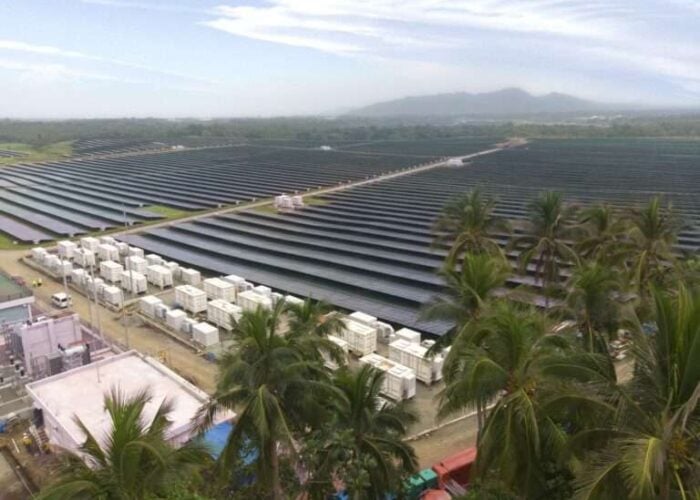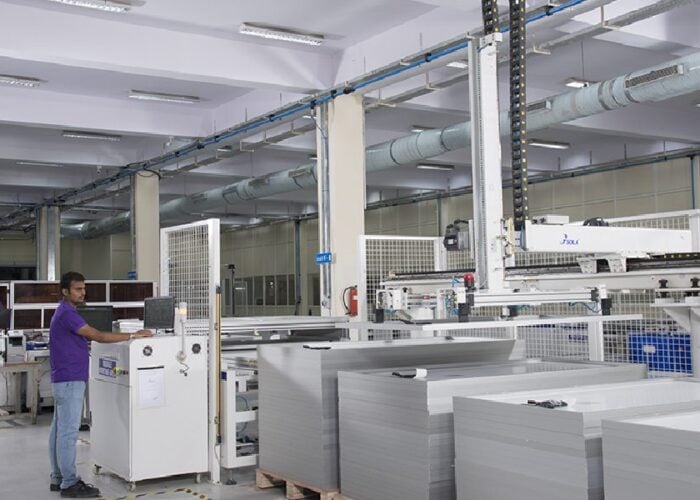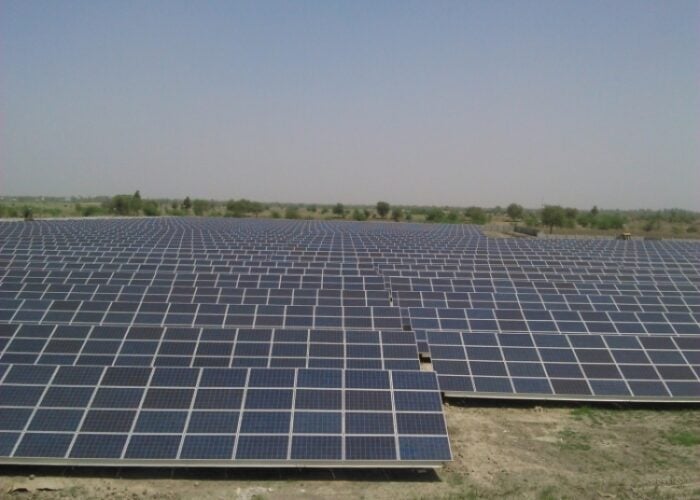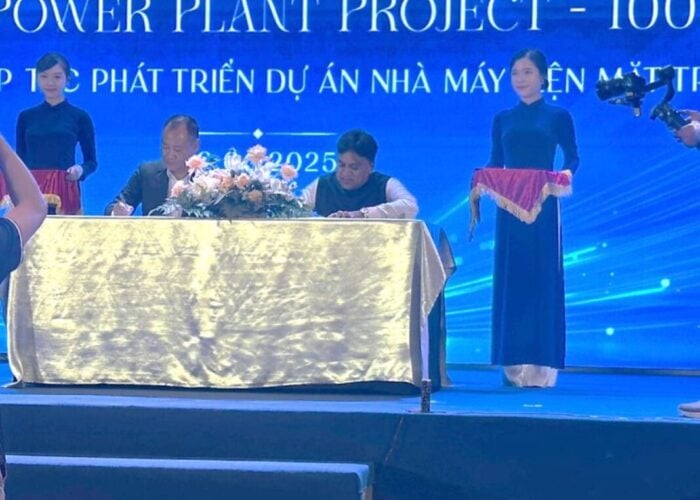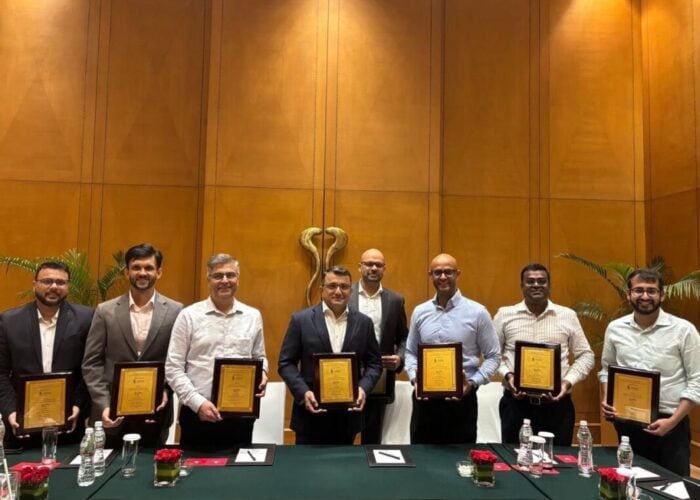
Subsidies for Indian cell and module manufacturers are being hampered by delays, as shown by data from the Department for Electronics and Information Technology (MEIT).
A total of seven companies that have applied for an incentive for electronics manufacturers, known as the Modified Special Incentive Package Scheme (M-SIPS), were still waiting for approval as of September last year, with some having applied a full year earlier.
Unlock unlimited access for 12 whole months of distinctive global analysis
Photovoltaics International is now included.
- Regular insight and analysis of the industry’s biggest developments
- In-depth interviews with the industry’s leading figures
- Unlimited digital access to the PV Tech Power journal catalogue
- Unlimited digital access to the Photovoltaics International journal catalogue
- Access to more than 1,000 technical papers
- Discounts on Solar Media’s portfolio of events, in-person and virtual
Jasmeet Khurana, associate director, consulting at Bridge to India, told PV Tech: “The key message is that a lot of people have been talking about setting up manufacturing in India, but only a very few of them have actually gone ahead and submitted applications to government for incentives under the existing policy and within that the sanctions are often fairly delayed – not just for solar but just M-SIPS programme overall.”
The M-SIPS scheme offers a 20-25% capital subsidy for units engaged in electronics manufacturing. For high capital investment projects like fabs, it also provides for reimbursement of central taxes and duties.
MEIT data showed M-SIPS applications from PV manufacturers. It is likely that come companies have put in separate applications for cells and modules as they have different subsidies, said Khurana:
| Company name | Date of application | Planned capacity of cells/Modules (MW) |
|---|---|---|
| Mundra Solar | Sep 2015 | 1,000 |
| Mundra Solar | Sep 2015 | 2,000 |
| Saatvik Green Energy | Dec 2015 | 115 |
| Premier Solar Systems | Dec 2015 | 200 |
| Bharat Heavy Electricals | Mar 2016 | 20 |
| Bharat Heavy Electricals | Mar 2016 | 105 |
| Jupiter International | Apr 2016 | 214 |
| Sahaj Solar | June 2016 | 150 |
| Vikram Solar | July 2016 | 400 |
The delays echo problems with the preceding incentive known as SIPS, which only applied to solar cells, not modules. Many manufacturers that applied for SIPS 6-8 years ago before setting up facilities have still not received any incentive due to disputes and other issues, despite these subsidies being sanctioned, added Khurana.
While some of the M-SIPs incentives may have now come through – given the ministry data is as of September 2016 – Khurana said: “There has been no flow of money.”
India's domestic PV manufacturing industry faces an uphill struggle with the influx of extremely cheap equipment imports from China, driven by weakened demand from within China, and the loss of the World Trade Organisation (WTO) dispute with the US over India's local content requirment policy.


